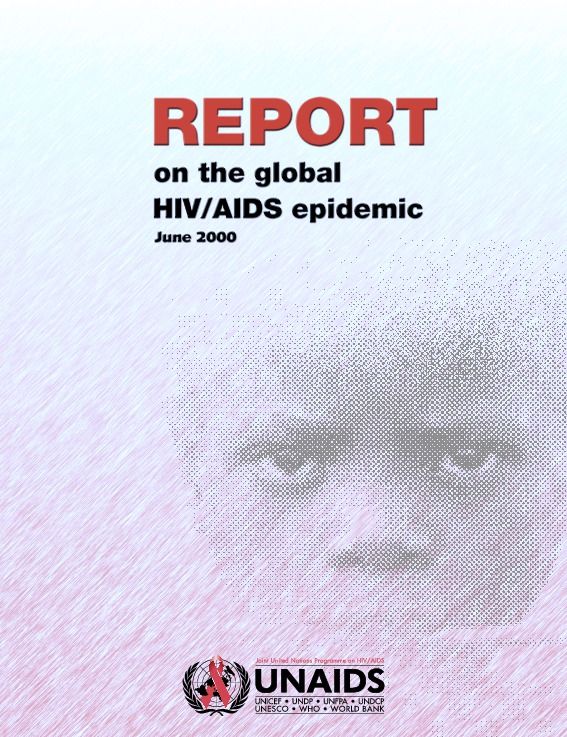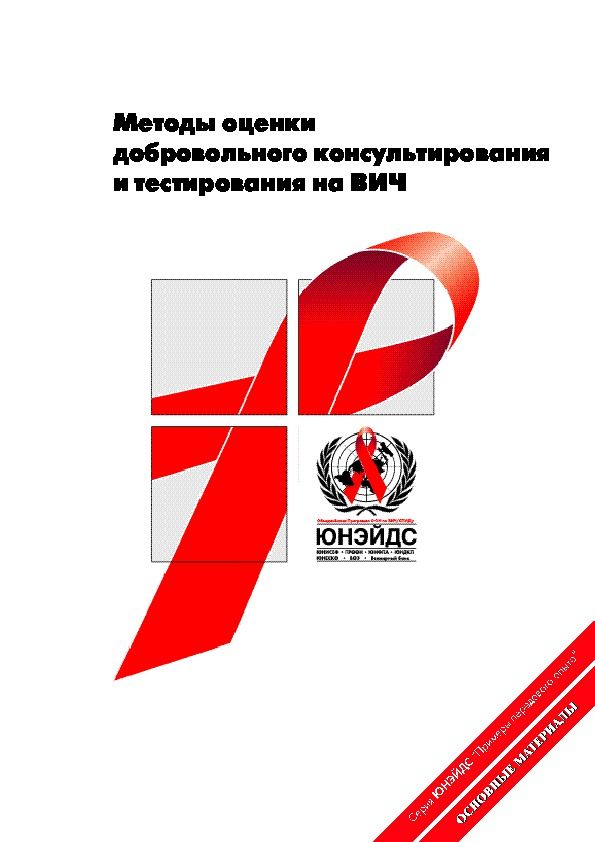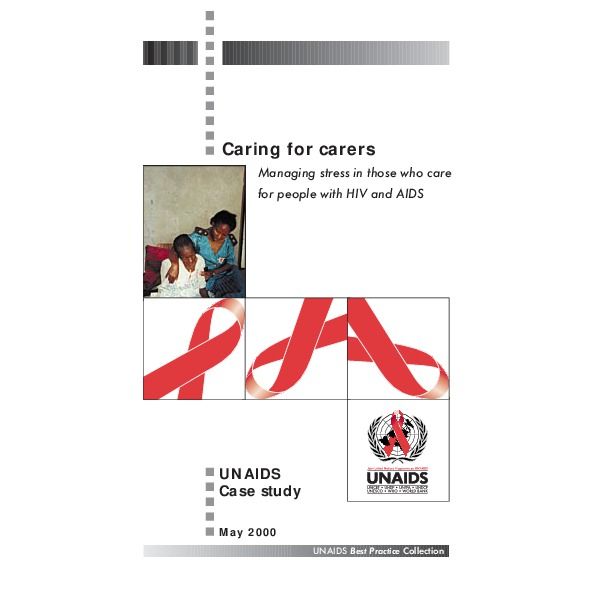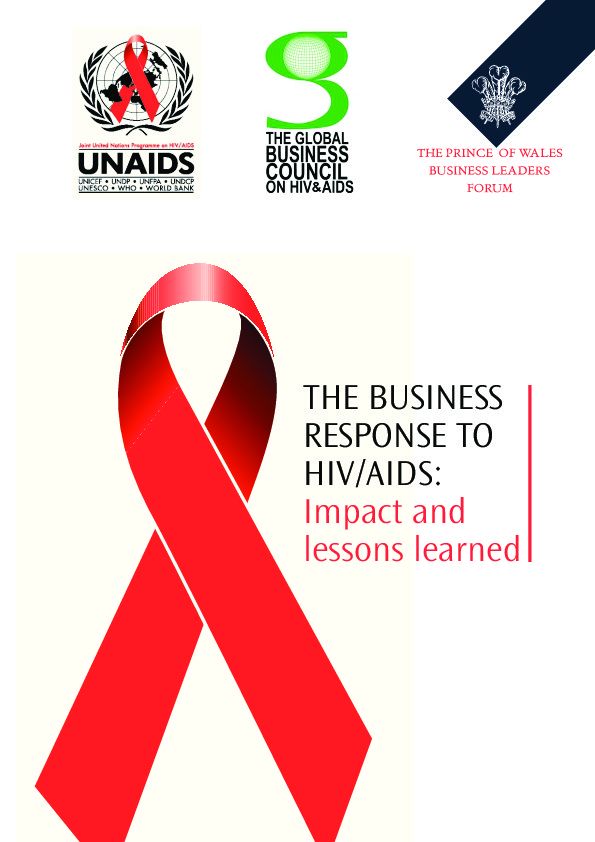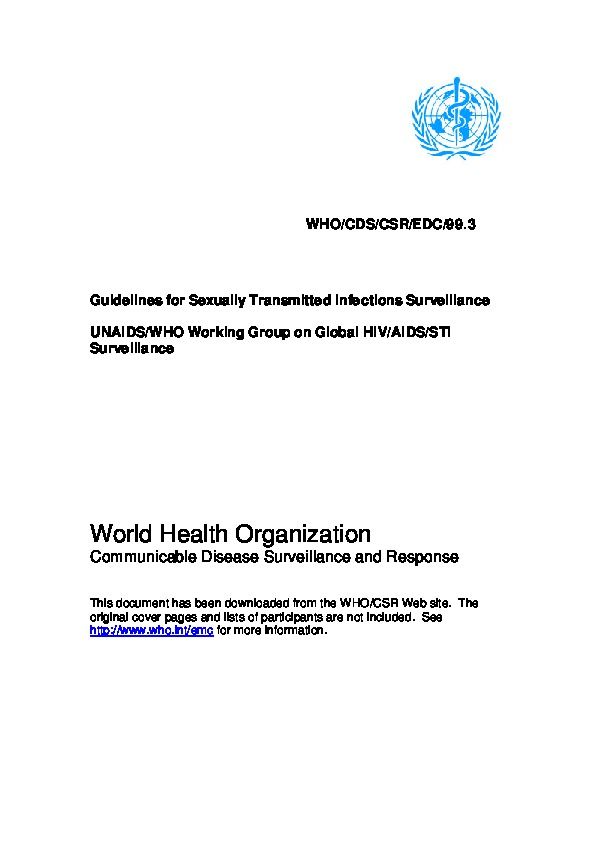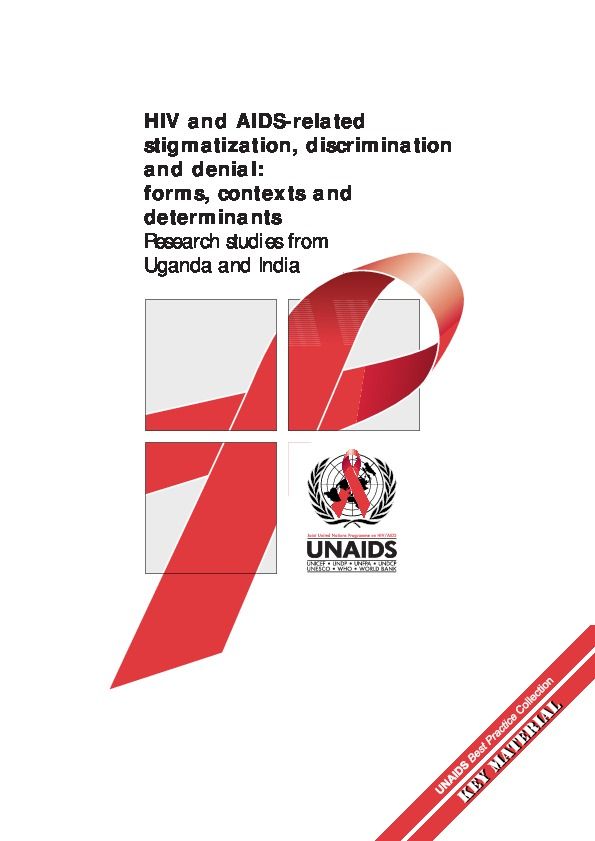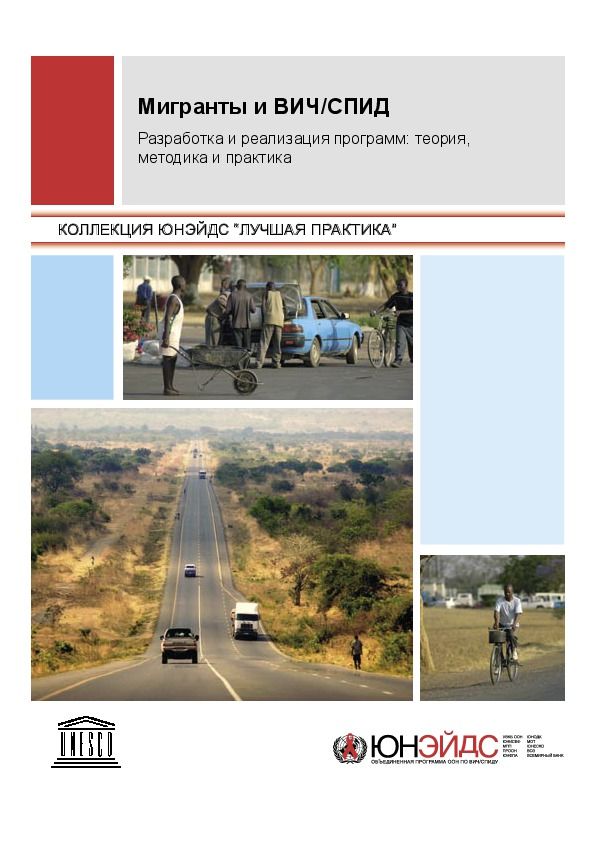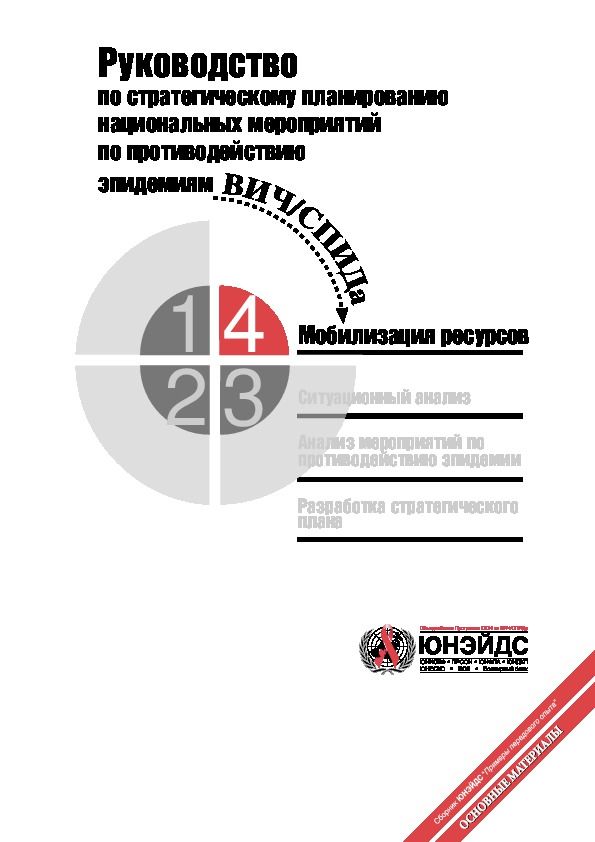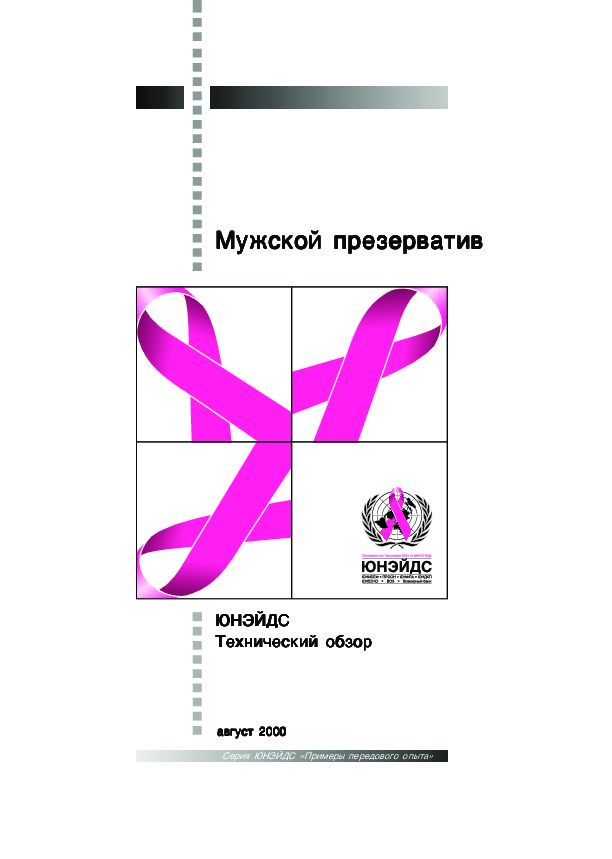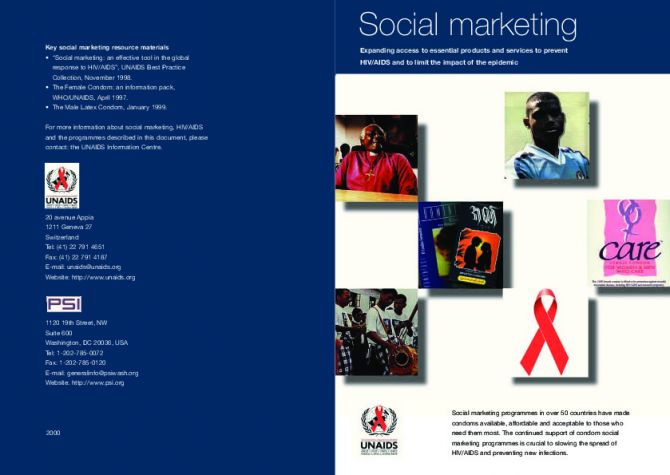Documents
Методы оценки добровольного консультирования и тестирования на ВИЧ
21 июня 2000 года.
Данный документ предцтавляет собой руководство по проведению мониторинга и оценки различиых аспектов планирования и проведения ДКТ. В нем содержатся рекомендации по методам оценки ДКТ как части национальной программы, а также по услугам по ДКТ, предоставляемым специальными учеждениями и независимыми пунктами, услуя для определенных гяупп, включая общественные неправительственные организации на уровне сообществ (НПО). Сюда также включены вопросы мониторига и оценки услуя по ДКТ, связанных с профилактикой передачи ВИЧ-инфекции от матери ребекну (ПМР) и противотуберкулезным профилактическим лечением (ТБПЛ). В данном документе рассмотречы и адаптированы инструкции из предыдущих проектов и использованы данные соответстующух рабочих исследований.
Documents
Caring for carers : managing stress in those who care for people with HIV and AIDS : UNAIDS case study
21 июня 2000 года.
The strain on those who care for people living with HIV/AIDS is enormous and wide-ranging. As the epidemic spreads and matures, these people—front-line workers in the efforts to stop HIV/AIDS and contain the damage it does to society—become an even more precious resource. The quality of care they provide and their ability to do so over a sustained period depend on their own well-being and morale. This report draws attention to the needs of home- and community-based carers, and what can be done to support them more effectively. It highlights the symptoms and causes of stress and burnout, and the options available for managing these conditions. It draws on the first-hand experience of individuals and AIDS organizations in Uganda and South Africa. The report is intended for all those with an interest in the care of people with HIV/AIDS, but especially for those with direct responsibility for providing care or managing carers, for policy-making in this field, or for supporting HIV/AIDS programmes.
Documents
The Business Response to HIV/AIDS: Impact and lessons learned
02 июля 2000 года.
As this publication highlights, no business is immune from AIDS. But the private sector is also in a unique position
to respond to the epidemic, because of its contacts with employees and the wider business community, and the wealth of experience and skills it has accumulated. As the publication also illustrates, there is much that businesses
can do, and the benefits of action go well beyond the workplace.
Documents
Мужской презерватив
25 августаа 2000 года.
Передачи ВИЧ и других СПБ во время полового сношения можно с успехом избежать, если постоянно и правильно применять качественные презерватиы. Исследовя, проведенные среди серодискорднтных пар (когда лишь один из партнеров ВИЧ-инфицирован), показали, что при регулярых половых сношениях в течение более двух лет, риск ВИЧ- инфицирования для партнеров, постоянно применявших презерватиы, был почти нулевым.
Documents
Social marketing : expanding access to essential products and services to prevent HIV/AIDS and to limit the impact of the epidemic
15 сентября 2000 года.
Social marketing has become an increasingly popular way of addressing serious health issues in developing countries. By using traditional commercial marketing techniques, social marketing makes much-needed products available and affordable to low-income people. In the mid-80s, condom social marketing emerged as an effective tool against the spread of HIV/AIDS. This document defines social marketing, as well as highlighting the three key lessons learned in promoting condom social marketing. These include the fact that seed money can effectively be used to leverage additional resources for major public health impact; social marketing can be applied to new products and services; and social marketing can help create an enabling and supportive environment for behavioural change. The document also discusses UNAIDS’ role in social marketing.

